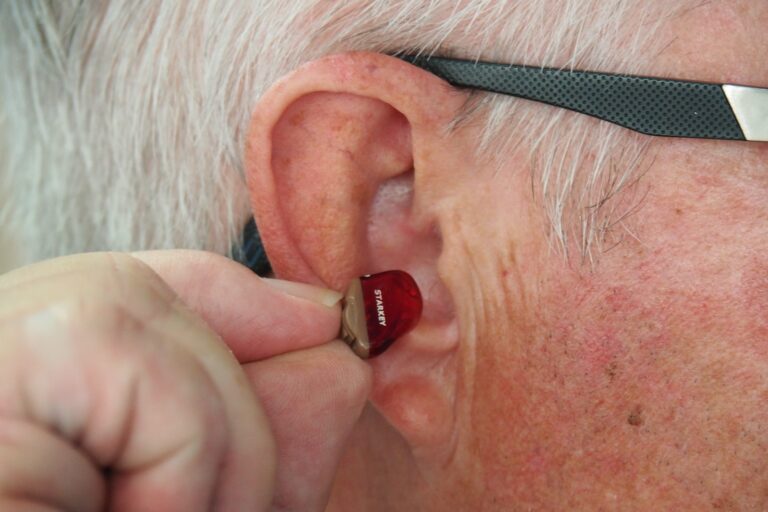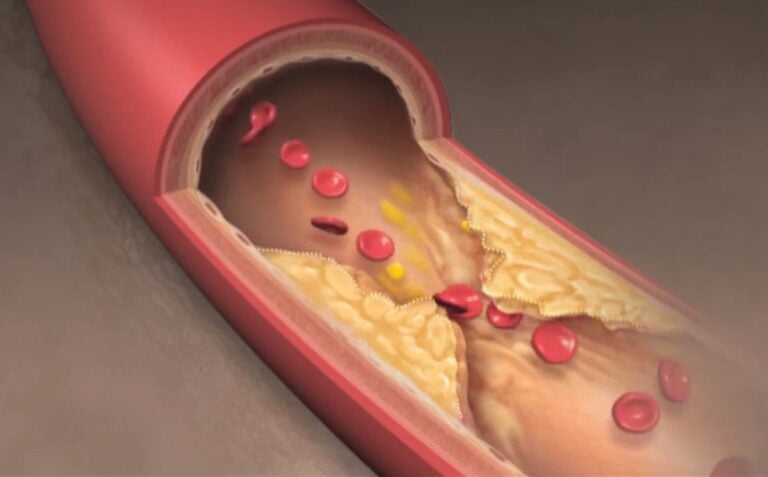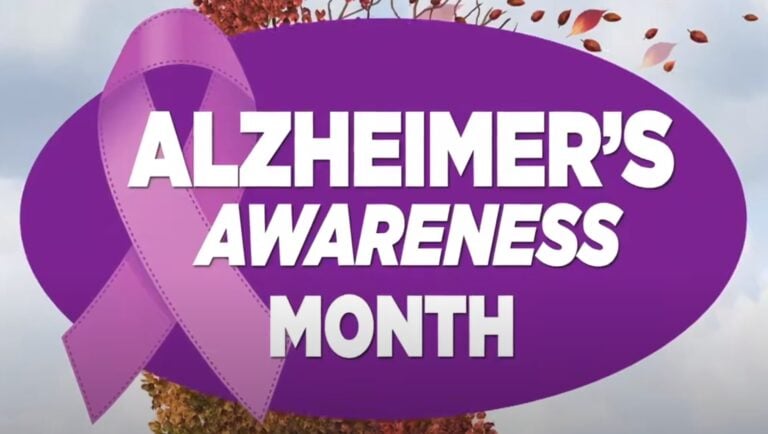
400,000 People Show Delaying Retirement Delays Dementia
Delaying retirement can delay dementia in a big way. Learn why.

Delaying retirement can delay dementia in a big way. Learn why.

People with Alzheimer’s average four times normal DDE blood levels (from DDT). Learn how DDT pesticide, still used outside the USA, causes this health threat. Learn foods to avoid and diets to follow.

Hearing loss and dementia may be linked, but there is a silver lining here.

Atherosclerotic plaque triggers vascular dementia. Ultrasound easily detects it and could cut rates in half. Learn how.

As little as 1% increase in deep-sleep per year, for people over 60, translates into a 27% decreased risk of dementia.

For Alzheimer’s Awareness Month, spread this video to raise awareness of simple things you can do to prevent Alzheimer’s.

Strokes are a leading cause of Vascular Dementia. Just how much does eating a more plant-based diet lower the risk of having a stroke?

It looks like a sneeze cannot give anyone Alzheimer’s. While Alzheimer’s abnormal disease proteins do spread from cell-to-cell, they are not “infectious”. Check out the facts.

A daily cup of tea — and other delicious options — could help you to enjoy better health late in life. Read on to learn more.

Dr. Michael Gregger, Director of the authoritative NutritionFacts site, asks, “Why has fish consumption been associated with cognitive impairment and loss of executive function?”
When You Forget Song by Kane Brown ‧ 2025 When You Forget Kane Brown The High Road Lyrics I walked in the room and looked

China has 17 million people with Alzheimer’s, the most in the world. See their first Alzheimer’s care village, spanning 43,000 square metres — or six football fields — amid greenery, lakes and the backdrop of the famous Qinling mountains. Lauren Ong reports.

Bill Gates says, “I am blown away by how much we have learned about Alzheimer’s disease over the last couple years.” See his compelling video and insight-filled blog post.

SHORT-TERM MEMORY lapses are obvious signs of Alzheimer’s, but other tell-tale signals begin to show much earlier. Learn how to look for semantic impairments, such as simple questions about size.

Three important dementia studies focus on HS-AGING, a type of dementia almost as common as Alzheimer’s in the 85+ group. Yet few people have heard of it. Why? What makes it different?

An intriguing study of 120 grandmothers might surprise you. Doctors know socially engaged people have better cognition and less dementia. But can a person get too much of a good thing? What’s the right balance?

Enjoy this great duet between a musician with dementia and his son. A triumph of spirit over Alzheimer’s! Sing-a-long if you like!
No spam, only news and updates.


